An awesome centerpiece for any holiday table, crescia is a traditional Umbrian Easter bread that rises to impressive heights, creating a tall golden dome flecked throughout with pockets of delicious cheese. While historically associated with Easter celebrations, this fabulous bread can now be found year-round in many Italian bakeries and specialty shops.
Or you can make it at home. It’s not that difficult to succeed with, and the end result is really quite spectacular.
Versatility Beyond the Holiday Table
Though traditionally Easter fare, crescia is delicious year round and can be served:
Simply sliced and as is
Toasted for breakfast with eggs
Paired with cured meats and salamis
As a lovely accompaniment to soups and stews
The Signature Cheese
Pecorino Romano gives crescia its flavor profile. This hard sheep’s milk cheese (“pecora” means sheep in Italian) gives the bread a salty, robust taste that is quite different from other cheese breads. For extra points in the authenticity-department, use both aged Pecorino (finely grated) and younger Pecorino (cut into generous dice) to create the characteristic melty cheese pockets throughout the bread.
Step by Step: How to Make Crescia: Umbrian Easter Cheese Bread
Step 1: Prepare Baking Dish
Spray one large or two smaller soufflé dishes with cooking spray.
Line the sides with parchment paper, leaving a 2-3 inch (5-7 cm) collar above the dish rim to support rising.
Step 2: Activate the Yeast
Combine warm water and yeast in a small bowl, stirring briefly. Let it sit until foamy, about 5 minutes.
Step 3: Combine Wet Ingredients
In a large bowl, thoroughly beat eggs.
Add olive oil, sea salt, coarse black pepper, and grated Pecorino Romano cheese. Stir well to combine evenly.
Step 4: Mix Dough
Add the activated yeast mixture into the egg and cheese mixture. Stir until well mixed.
Gradually add half the flour, mixing well. Then, add remaining flour one cup at a time, until you have a firm dough that’s easy to handle and not too sticky.
Step 5: Knead Dough and Add Cheese Cubes
Transfer dough onto a lightly floured surface.
Knead for about 5 minutes, gradually incorporating diced young Pecorino cubes until evenly distributed. Dough should feel smooth and elastic.
Step 6: First Rise
Lightly oil a large bowl. Place dough inside, cover with plastic wrap or a towel, and let rise in a warm place until doubled in size (about 1-2 hours).
Step 7: Shape and Second Rise
Punch down dough gently. Form it into a smooth ball and place into prepared soufflé dish(es).
Cover again, and let rise for another 30-40 minutes or until it noticeably expands.
Step 8: Bake
Preheat oven to 375°F (190°C).
Bake bread for approximately 45-50 minutes (reduce by 10 minutes if using smaller dishes).
Bread is ready when golden brown and internal temperature reaches 180°F (82°C).
Step 9: Cool and Serve
Allow bread to cool in dish for 10 minutes. Carefully remove and cool completely on a wire rack before slicing.
Crescia Easter Bread FAQ:
Can I use other cheeses instead of Pecorino?
Yes, you can substitute Parmigiano-Reggiano or aged Asiago for a similar robust flavor. But you will loose some of those authenticity points we talked about before.
How should I store leftover Crescia?
Wrap cooled bread tightly and store at room temperature for up to 2 days, or freeze for up to 1 month. Or eat it all, and make sure there are no leftovers.
Is Crescia bread sweet or savory?
Crescia is traditionally savory, flavored primarily by cheese, pepper, and olive oil. No need to mess with that!
Can Crescia be reheated?
Yes, gently warm slices in the oven at 350°F (175°C) for 5-10 minutes.
What dishes pair well with Crescia?
Crescia pairs perfectly with cured meats, olives, antipasti, or as a side to soups and salads.
Can I use a regular loaf pan if I don’t have soufflé dishes?
Yes, loaf pans can work, but adjust baking time slightly shorter and check internal temperature. Also, you won’t get the spectacular visual effect.

Crescia: Umbrian Easter Cheese Bread
- Total Time: 3 hours 15 minutes
- Yield: 1 large or 2 smaller loaves 1x
Description
A spectacularly tall, golden Pecorino Romano cheese bread hailing from Umbria. The perfect centerpiece for any holiday table.
Ingredients
1 3/4 cups (415 ml) warm water (around 100-110°F / 38-43°C)
1 tablespoon active dry yeast
7 large eggs, room temperature
1/2 cup (120 ml) olive oil
1 tablespoon coarse black pepper
1 tablespoon sea salt
2 cups (200 grams) grated Pecorino Romano cheese
8 cups (960 grams) all-purpose flour or Italian Tipo 0 flour
8 ounces (225 grams) young Pecorino cheese, cut into 1/2-inch (1.25 cm) cubes
Instructions
Step 1: Prepare Baking Dish
-
Spray one large or two smaller soufflé dishes with cooking spray.
-
Line the sides with parchment paper, leaving a 2-3 inch (5-7 cm) collar above the dish rim to support rising.
Step 2: Activate the Yeast
-
Combine warm water and yeast in a small bowl, stirring briefly. Let it sit until foamy, about 5 minutes.
Step 3: Combine Wet Ingredients
-
In a large bowl, thoroughly beat eggs.
-
Add olive oil, sea salt, coarse black pepper, and grated Pecorino Romano cheese. Stir well to combine evenly.
Step 4: Mix Dough
-
Add the activated yeast mixture into the egg and cheese mixture. Stir until well mixed.
-
Gradually add half the flour, mixing well. Then, add remaining flour one cup at a time, until you have a firm dough that’s easy to handle and not too sticky.
Step 5: Knead Dough and Add Cheese Cubes
-
Transfer dough onto a lightly floured surface.
-
Knead for about 5 minutes, gradually incorporating diced young Pecorino cubes until evenly distributed. Dough should feel smooth and elastic.
Step 6: First Rise
-
Lightly oil a large bowl. Place dough inside, cover with plastic wrap or a towel, and let rise in a warm place until doubled in size (about 1-2 hours).
Step 7: Shape and Second Rise
-
Punch down dough gently. Form it into a smooth ball and place into prepared soufflé dish(es).
-
Cover again, and let rise for another 30-40 minutes or until it noticeably expands.
Step 8: Bake
-
Preheat oven to 375°F (190°C).
-
Bake bread for approximately 45-50 minutes (reduce by 10 minutes if using smaller dishes).
-
Bread is ready when golden brown and internal temperature reaches 180°F (82°C).
Step 9: Cool and Serve
-
Allow bread to cool in dish for 10 minutes. Carefully remove and cool completely on a wire rack before slicing.
Notes
Authentic crescia has a rich golden color from Italian egg yolks; North American eggs may result in lighter bread.
Ensure your cheese cubes are generous to create delicious melted pockets throughout.
Dough texture can vary depending on humidity; add flour gradually to avoid dryness.
- Prep Time: 30 mins
- Rising: 120 mins
- Cook Time: 45 mins
- Category: Baking
- Method: Baking
- Cuisine: Italian
Nutrition
- Serving Size: 1 slice
- Calories: 340
- Sugar: 1g
- Sodium: 520mg
- Fat: 16
- Saturated Fat: 5.5g
- Unsaturated Fat: 10g
- Trans Fat: 0g
- Carbohydrates: 34g
- Fiber: 1g
- Protein: 14g
- Cholesterol: 125mg
If you like this, you are going to love these favorite Easter recipes:
Easter Bread from Patsy’s Italian Restaurant


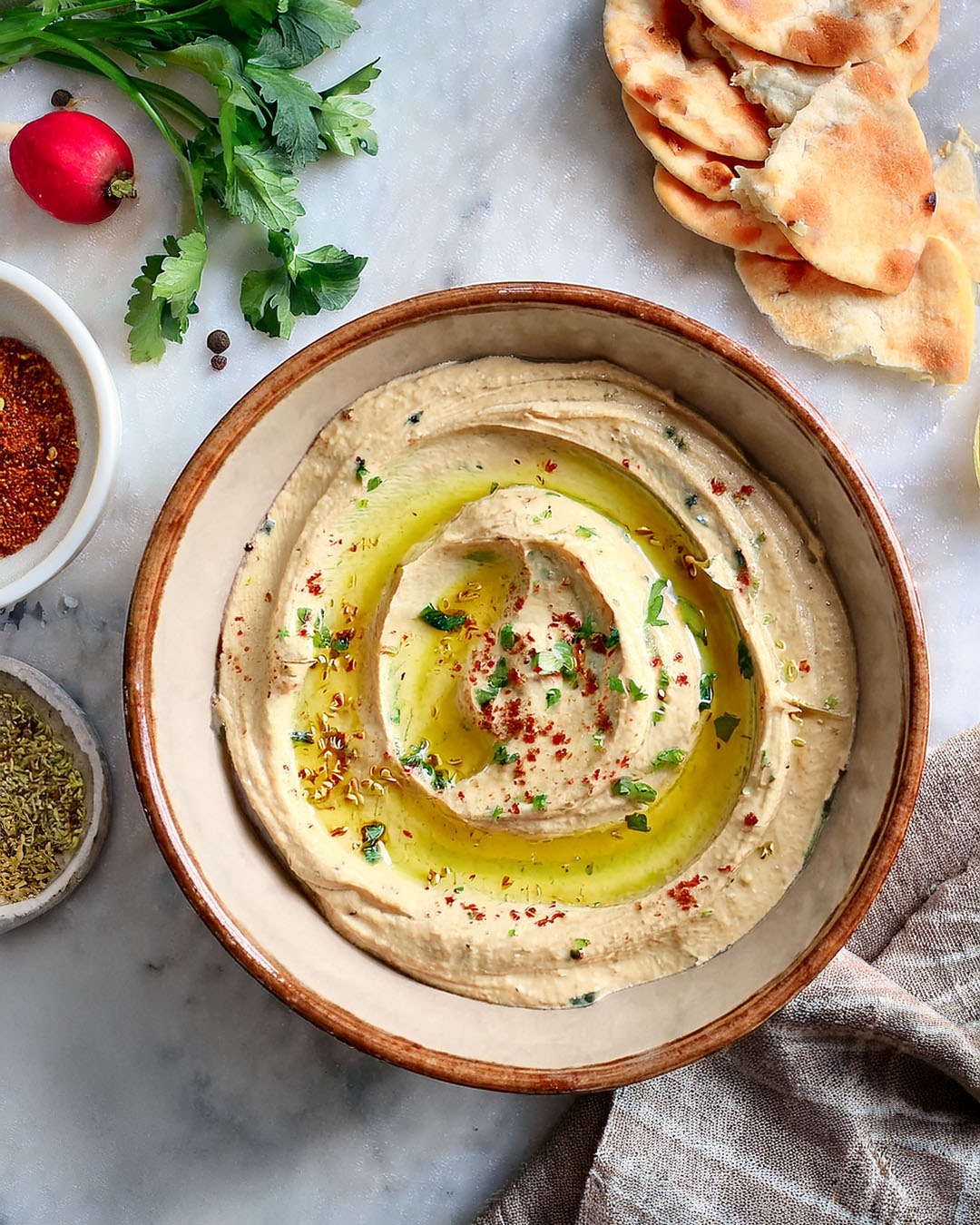



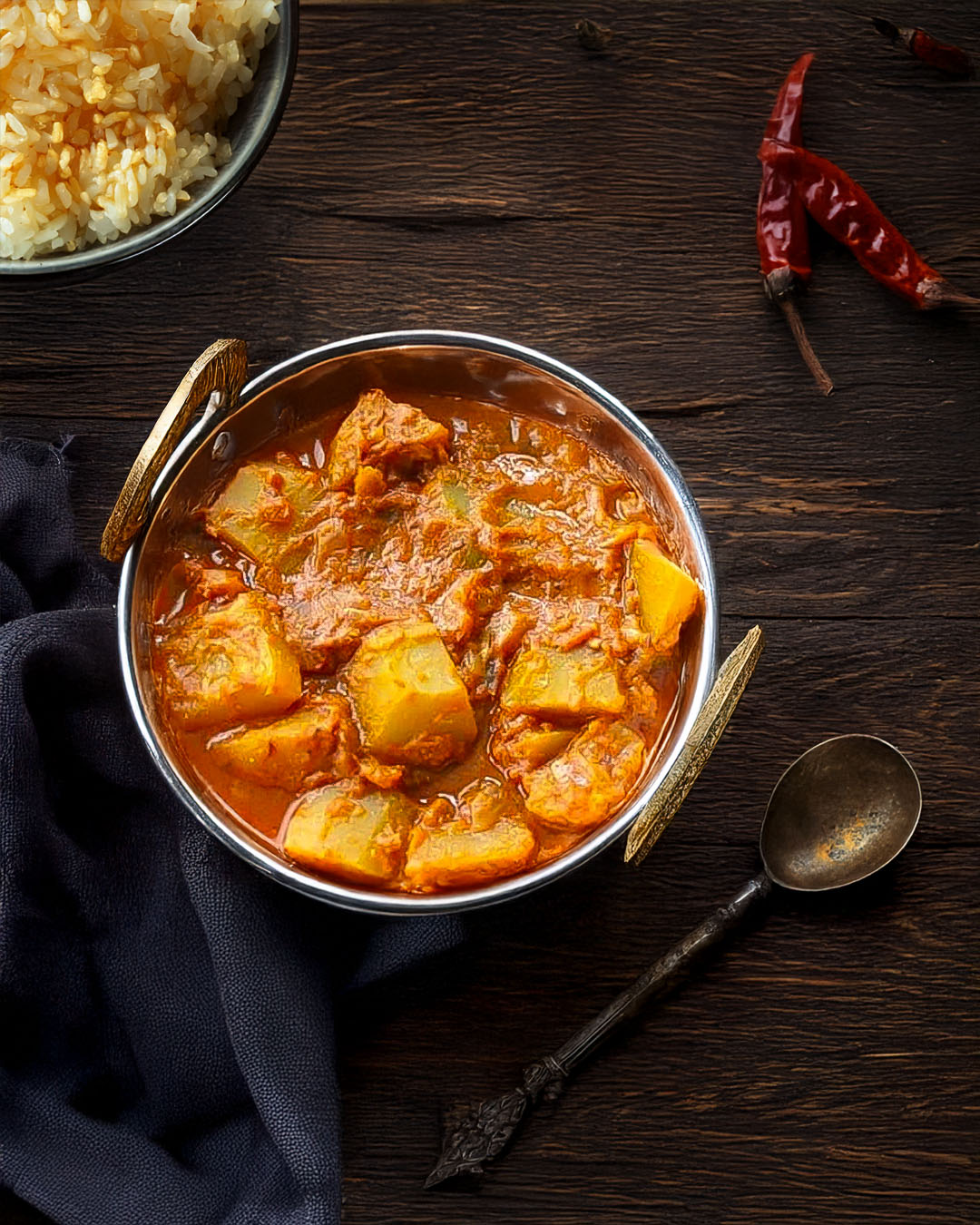
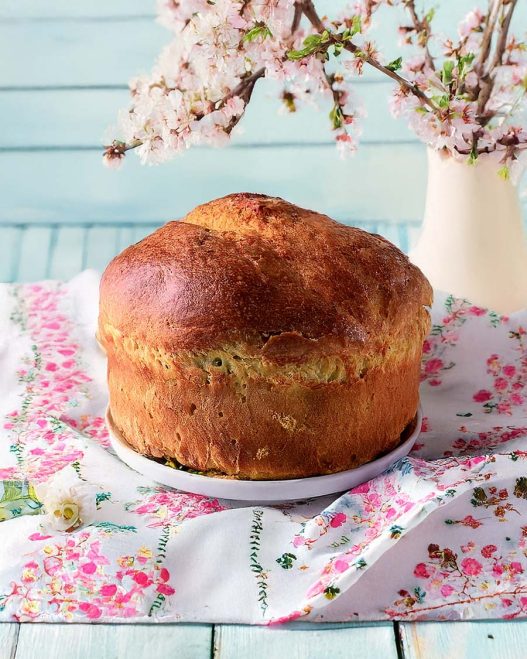
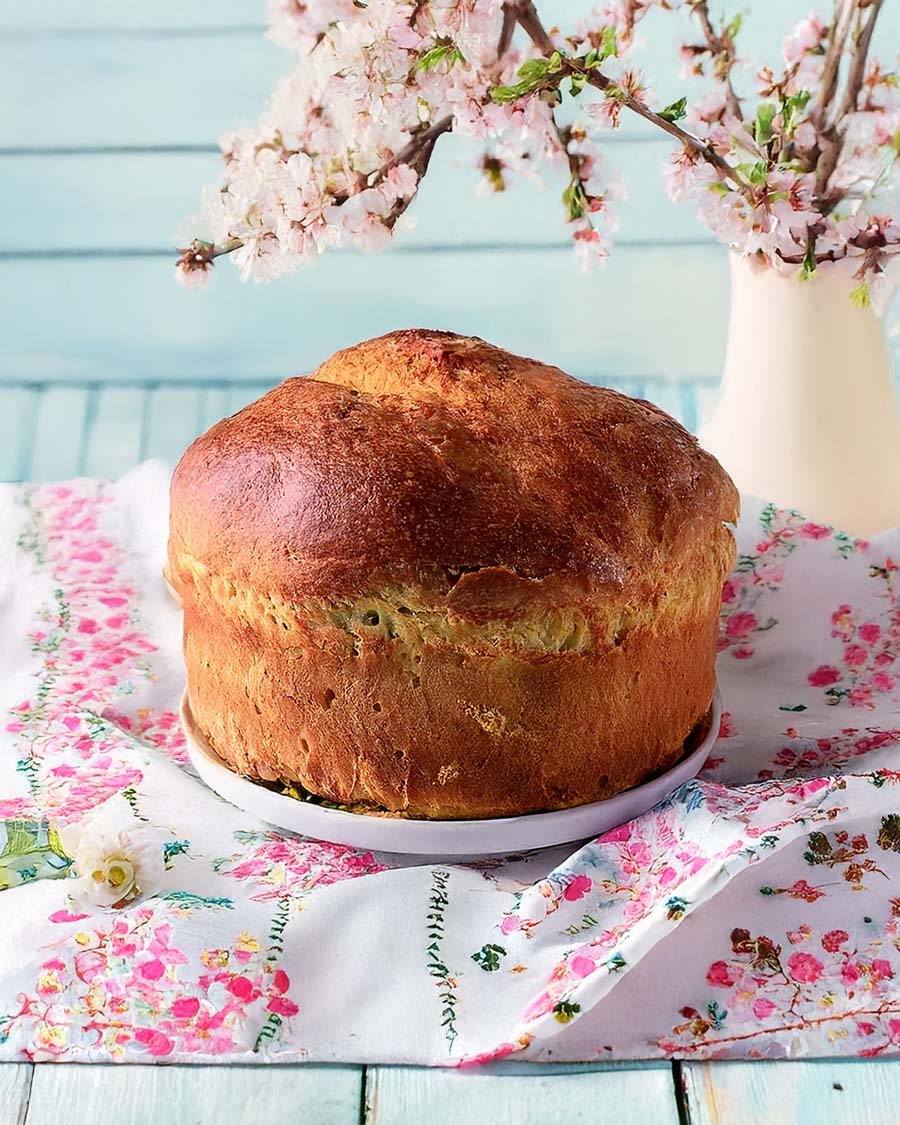

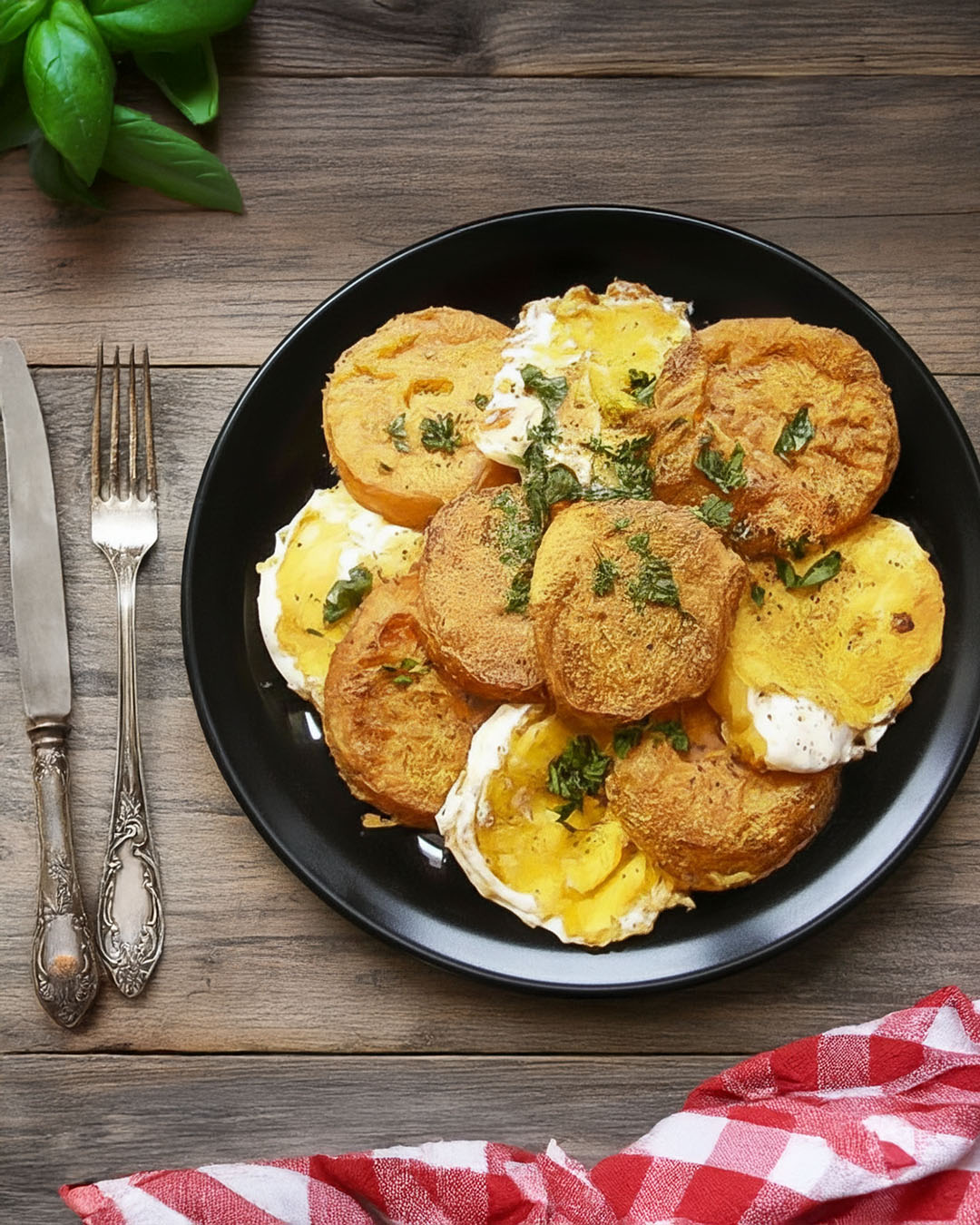

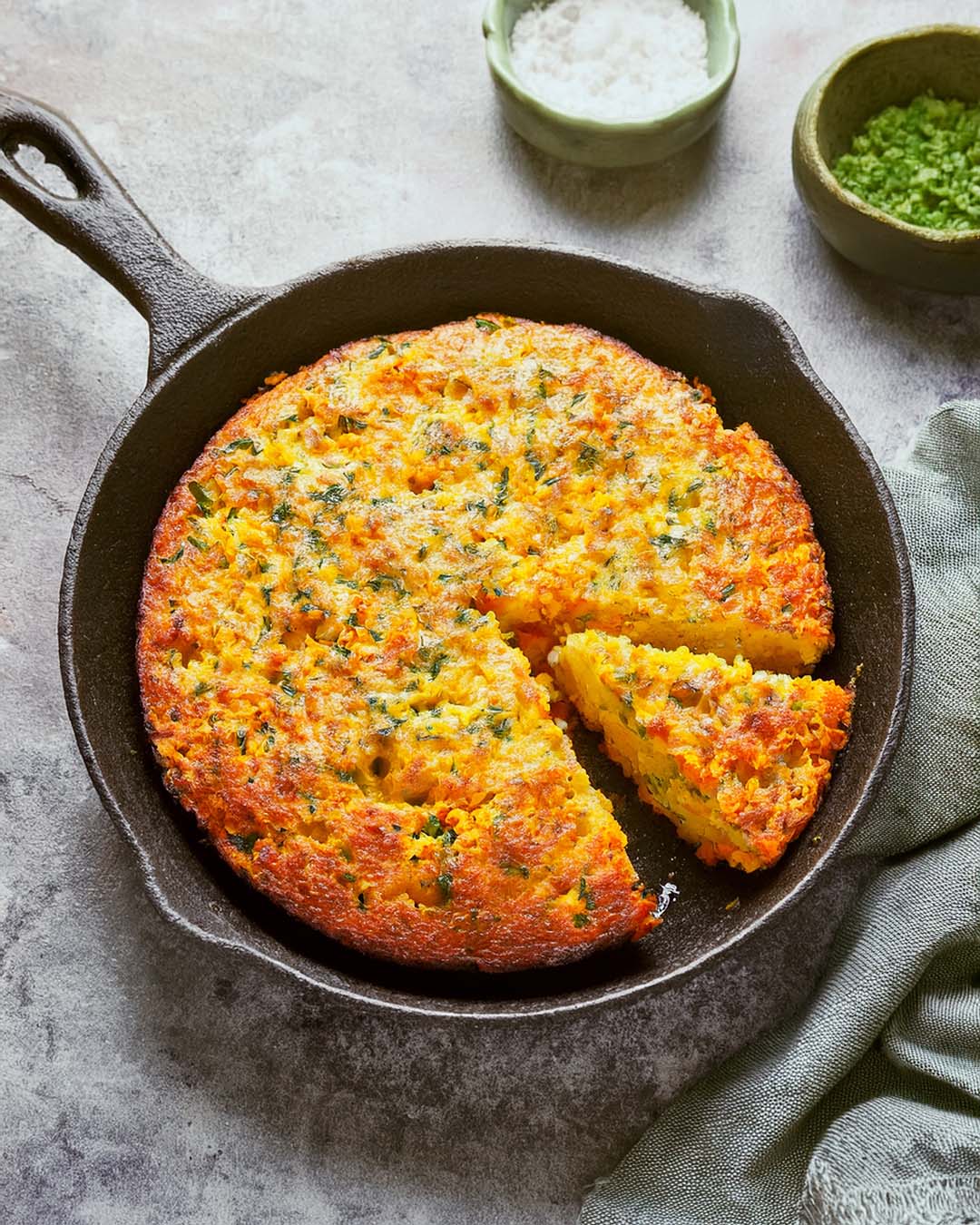


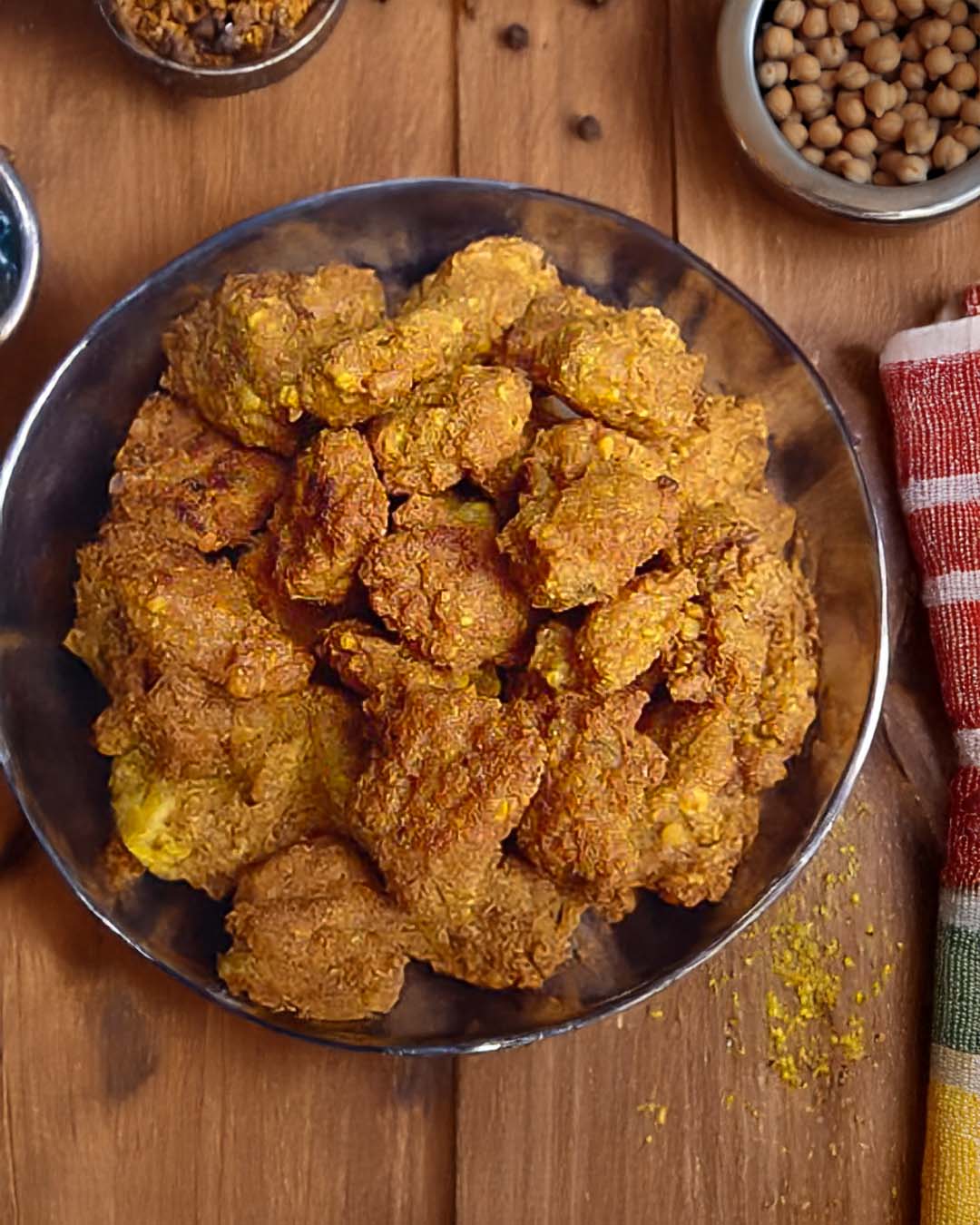
Incredible bread! Happy Easter!
I am making this every year, it is such a great easter bread. Thanks for the recipe!
Good Afternoon,
Reads delicious! What size souffle dish (or dishes) did you use.
Thanks!
Erika
Hi Erika!
Great question! For the Crescia al Formaggio, we used a 2-quart (approximately 8-cup) soufflé dish, which gives the bread enough room to rise and dome beautifully while keeping its shape. If you’d like to split the dough, you could also use two 1-quart dishes for smaller loaves—just keep an eye on baking time, as it will be a bit shorter. Make sure to grease the dish well and don’t fill it more than 2/3 full to allow for proper rise. Hope you enjoy baking it—let us know how it turns out!
I can’t say that mine turned out quite as beautiful but it tasted fantastic. The cheese is lovely!
Turned out amazing—super easy instructions, and the baking soda tip made such a difference. Crescia is my new favorite bread!
I have made this the past four Easters, and it is always truly a showstopper. Everyone loves it, and my family now fully expects this on our Sunday buffet. Thank you so much for making this a part of our lives.
Beautiful texture and flavor! Served it with antipasti and everyone loved it.
Your instructions made my first Crescia attempt stress-free and delicious. Loved the pockets of cheese, such a delightful surprise.
hi there! I am excited to try this recipe. my family has been making this off of a family recipe on easter for (we assume) centuries. we just recently lost the family recipe but this one seems very similar. we ususally let the bread rise overnight, do you suggest that?
With this recipe, you don’t need to rise it longer than 1) double in size and 2) 30 minutes for the second rise.
Easy to make and delightful to eat. Reminded me of my trip to Italy—thank you!